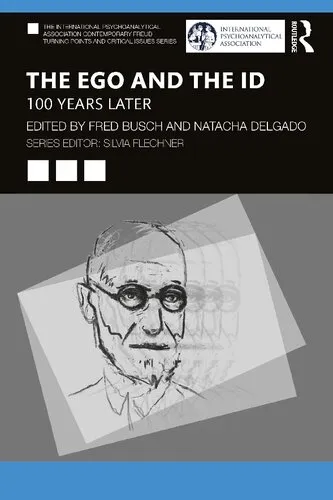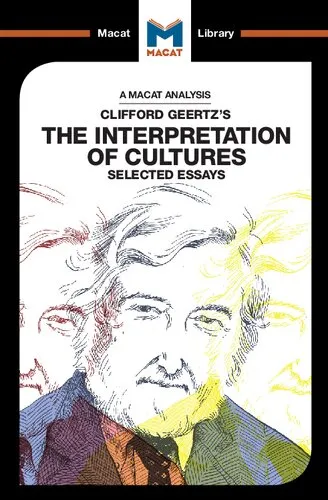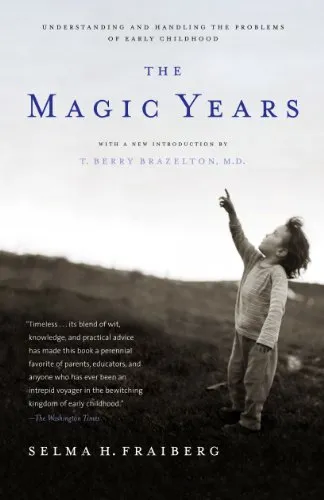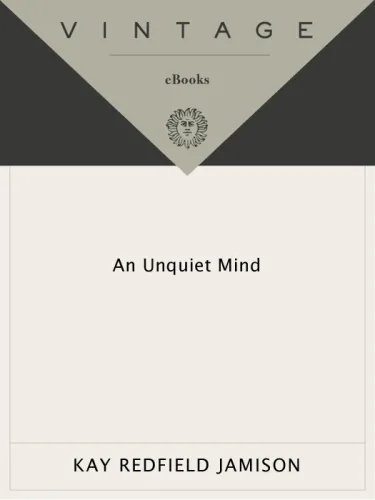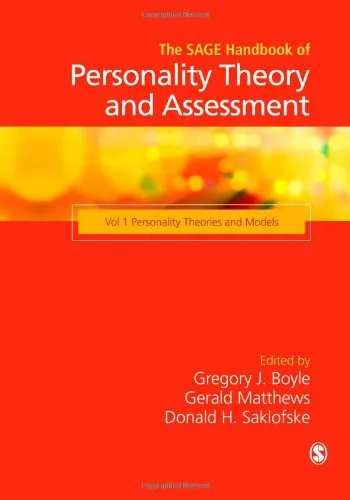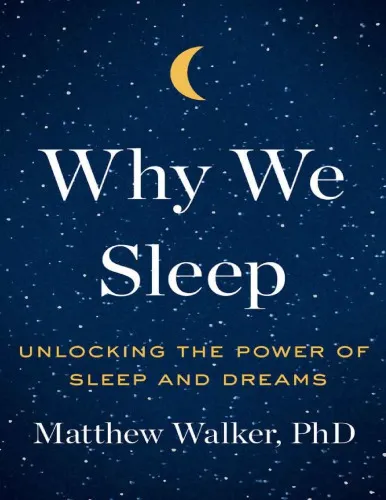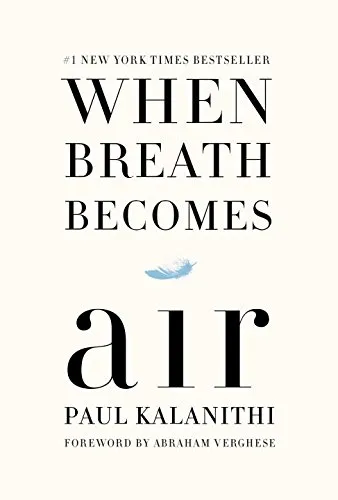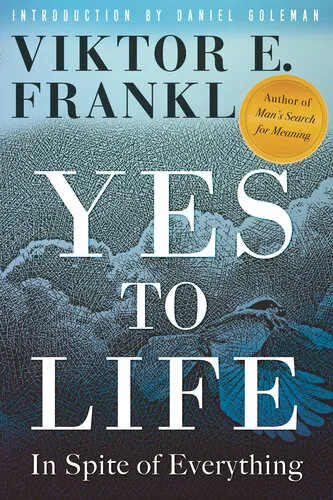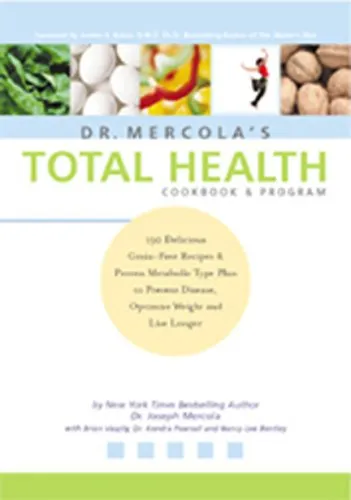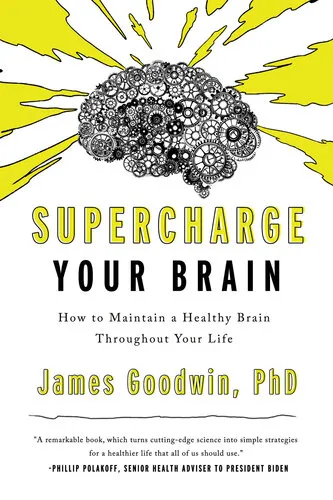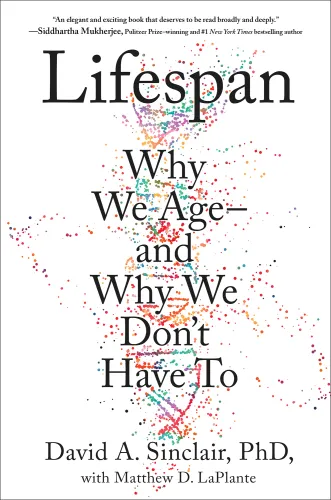Lifespan: Why We Age and Why We Don’t Have To
4.5
بر اساس نظر کاربران

شما میتونید سوالاتتون در باره کتاب رو از هوش مصنوعیش بعد از ورود بپرسید
هر دانلود یا پرسش از هوش مصنوعی 2 امتیاز لازم دارد، برای بدست آوردن امتیاز رایگان، به صفحه ی راهنمای امتیازات سر بزنید و یک سری کار ارزشمند انجام بدینکتاب های مرتبط:
مقدمهای بر کتاب "Lifespan: Why We Age and Why We Don’t Have To"
کتاب "Lifespan: Why We Age and Why We Don’t Have To" نوشته دیوید ای. سینکلر، یکی از برجستهترین زیستشناسان در زمینه ژنتیک و علوم پیری، یک رویکرد تازه به موضوع پیری و قابلیت تغییر آن ارائه میدهد. این کتاب نه تنها چگونگی فرآیند پیری در بدن انسان را بررسی میکند، بلکه پیشفرضهای سنتی درباره پیری بهعنوان یک امر اجتنابناپذیر را به چالش میکشد. دیوید سینکلر در این اثر از پژوهشهای علمی پیشرو و تجربیات عملی خود بهره میگیرد تا نشان دهد چرا پیری یک بیماری محسوب میشود و چگونه میتوان آن را درمان کرد.
خلاصهای دقیق از کتاب
در کتاب "Lifespan"، دیوید ای. سینکلر پیری را بهعنوان یک پروسه پویا تعریف میکند که برخلاف باور رایج، نه تنها قابل کندسازی است بلکه میتوان آن را به طور کامل برعکس کرد. نویسنده مفهوم Information Theory of Aging را معرفی میکند که چگونگی تخریب اطلاعات ژنتیکی و اپیژنتیکی در طول زمان را توضیح میدهد. او به بررسی عوامل کلیدی مانند NAD+، ژنهای Sirtuins، و تأثیرات رژیم غذایی، ورزش، و مداخلات دارویی در بهبود عمر طولانی و سالم میپردازد.
در این کتاب، همچنین موضوعات گستردهتری مانند اخلاقیات تکنولوژیهای ضد پیری و تأثیر اجتماعی آنها بررسی میشود. سینکلر توضیح میدهد که چگونه پیشرفت علم میتواند به ایجاد یک جهان با جامعهای سالمتر و عاری از بسیاری از بیماریهای مرتبط با افزایش سن کمک کند.
نکات کلیدی
- پیری یک بیماری است و نه یک وضعیت اجتنابناپذیر.
- اطلاعات ژنتیکی و اپیژنتیکی نقش حیاتی در فرآیند پیری دارند.
- نقش مکملهایی مانند Resveratrol و متغیرهای زیستی مانند NAD+ در مداخلات پیری.
- اهمیت سبک زندگی سالم مانند ورزش و روزهداری متناوب در بهبود طول عمر.
- تحول جهانی که از طریق تکنولوژی و داروهای ضد پیری ممکن است.
نقلقولهای معروف از کتاب
"Aging is a disease, and that disease is treatable."
"The greatest risk factor for most diseases is age. Take away age, and diseases simply don’t happen."
"You don’t have to accept aging as inevitable."
چرا این کتاب اهمیت دارد؟
کتاب "Lifespan" یکی از معدود آثار علمی و عمومی است که با شجاعت مفاهیمی را پیش میکشد که قبلاً تنها در دایره تحقیقات آکادمیک مورد بررسی قرار گرفته بودند. این کتاب نه فقط یک منبع الهامبخش برای محققان، بلکه راهنما و امیدی برای عموم مردم است که به دنبال روشهای عملی برای افزایش عمر مفید و سالم خود هستند. دیوید سینکلر در تلاش است تا زندگی ما را نه فقط طولانیتر، بلکه باکیفیتتر کند و آیندهای فراهم کند که در آن واژه "پیری" دیگر مترادف با بیماری و ضعف نباشد.
Introduction to Lifespan: Why We Age and Why We Don’t Have To
Lifespan: Why We Age and Why We Don’t Have To, written by renowned Harvard geneticist David A. Sinclair, challenges our most fundamental assumptions about aging. For centuries, aging has been regarded as an inevitable aspect of life, a process that leads to physical decline and eventual mortality. But what if aging is not an inescapable norm but a condition that can be slowed, stopped, or even reversed? In this groundbreaking book, Sinclair argues that aging is a disease—and one that can be treated. Supported by cutting-edge research and breakthroughs in genetic science, the book provides a bold and optimistic outlook on the potential to extend human healthspan and even lifespan.
Through a seamless blend of personal anecdotes, scientific exploration, and ethical considerations, Lifespan sheds light on how humanity is on the verge of a medical revolution. This book is not just about staving off the symptoms of old age but about fundamentally rethinking and designing a future where the quality of life improves for all. Controversial, hopeful, and inspiring, Lifespan serves as a wake-up call to what is possible when we understand the root causes of aging at a cellular level.
Summary of the Book
At its core, Lifespan explores the idea that aging is not merely the result of wear and tear on the body but a programmable biological process. Sinclair introduces the "Information Theory of Aging," a concept that likens our DNA to a digital code where errors accumulate over time, leading to physical decline. The book details how the disruption of the epigenome—the structures that regulate which genes are active and which are not—can be counteracted by activating longevity pathways.
To help readers conceptualize these ideas, Sinclair examines emerging technologies, such as CRISPR gene editing, NAD+ boosters, sirtuin activators, and other cutting-edge interventions aimed at repairing molecular damage. He also addresses the societal, ethical, and economic implications of a world where prolonging human life becomes the norm. From calorie restriction mimetics to lifestyle adjustments that can "hack" our biology, the book is a practical guide for anyone interested in extending their healthy years.
Key Takeaways
- Aging is not an unchangeable fact of life but a biological process influenced by lifestyle, diet, and emerging medical interventions.
- The "Information Theory of Aging" explains how errors in our cellular programming lead to aging and disease, but these errors are reversible.
- Activation of specific "longevity genes," such as sirtuins, can extend the human healthspan by repairing and rebooting our epigenome.
- Simple lifestyle changes, including intermittent fasting, regular exercise, dietary modifications, and stress reduction, significantly impact the aging process.
- Widespread extension of human lifespan has profound implications for society, economy, and ethics, requiring thoughtful navigation as these technologies are scaled up.
Famous Quotes from the Book
"Aging is a disease, and that disease is treatable."
"The ability to reset the biological clock by reactivating the body’s innate genetic mechanisms could change the very fabric of our lives."
Why This Book Matters
Lifespan: Why We Age and Why We Don’t Have To is not just a scientific manifesto but also a profound invitation to question what it means to live a fulfilling life. By demonstrating that aging is something within our control, the book challenges preconceived notions of mortality. David Sinclair's work goes beyond academic theory—it resonates deeply because it combines rigorous science with a universal human aspiration: the desire to live a healthier, longer, and more meaningful life.
In an era where science and technology are advancing at an unprecedented pace, Lifespan stands out as a must-read for anyone curious about the future of health, medicine, and humanity. It cements the idea that we are not passive victims of our biology but active participants in reshaping our destiny. The knowledge shared in this book has the potential to empower individuals, inspire innovation, and spark public conversations about creating a future where aging as we know it becomes obsolete.
دانلود رایگان مستقیم
شما میتونید سوالاتتون در باره کتاب رو از هوش مصنوعیش بعد از ورود بپرسید
دسترسی به کتابها از طریق پلتفرمهای قانونی و کتابخانههای عمومی نه تنها از حقوق نویسندگان و ناشران حمایت میکند، بلکه به پایداری فرهنگ کتابخوانی نیز کمک میرساند. پیش از دانلود، لحظهای به بررسی این گزینهها فکر کنید.
این کتاب رو در پلتفرم های دیگه ببینید
WorldCat به شما کمک میکنه تا کتاب ها رو در کتابخانه های سراسر دنیا پیدا کنید
امتیازها، نظرات تخصصی و صحبت ها درباره کتاب را در Goodreads ببینید
کتابهای کمیاب یا دست دوم را در AbeBooks پیدا کنید و بخرید
1641
بازدید4.5
امتیاز0
نظر98%
رضایتنظرات:
4.5
بر اساس 0 نظر کاربران
Questions & Answers
Ask questions about this book or help others by answering
No questions yet. Be the first to ask!


